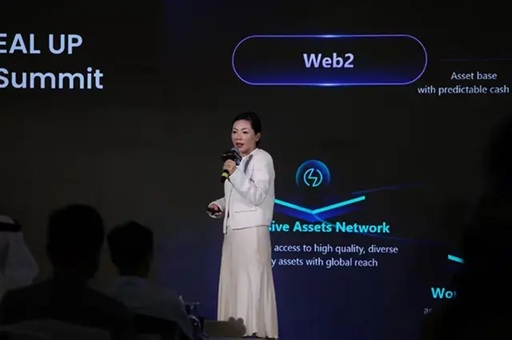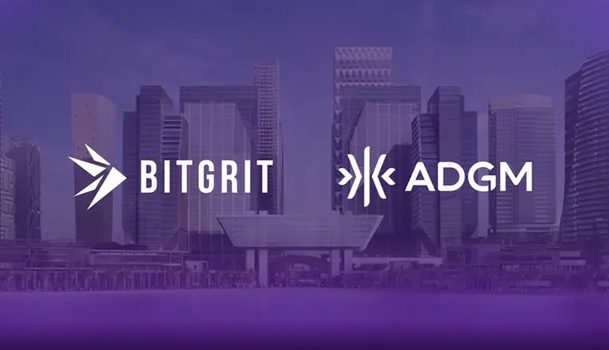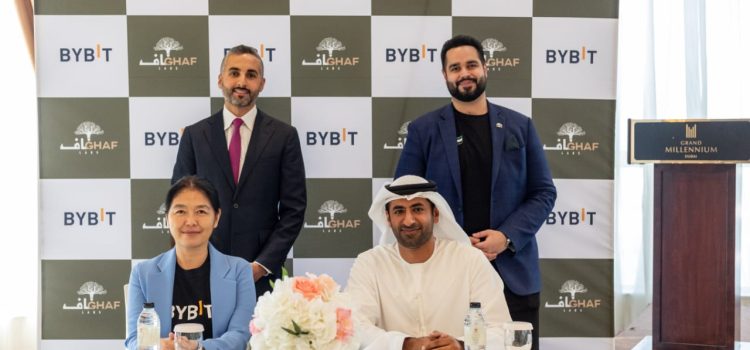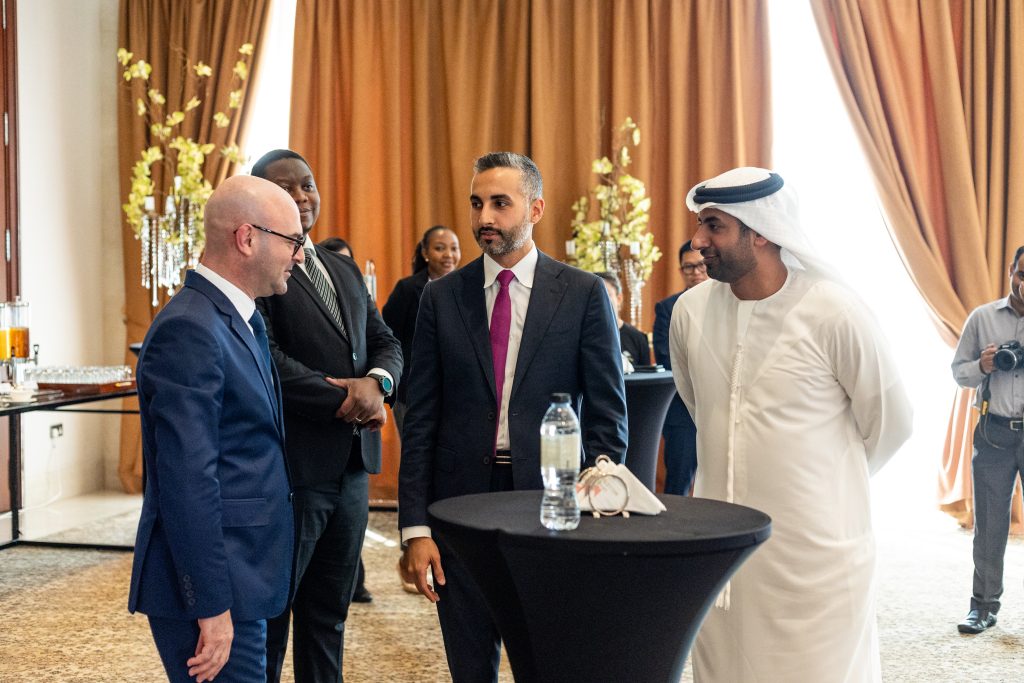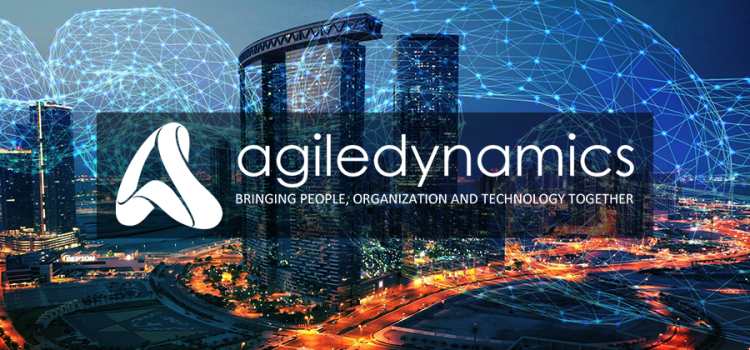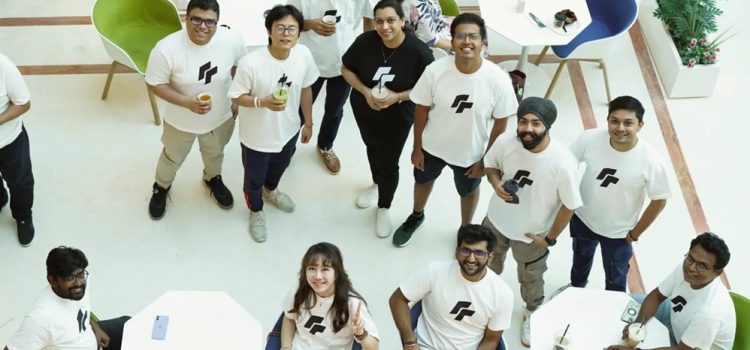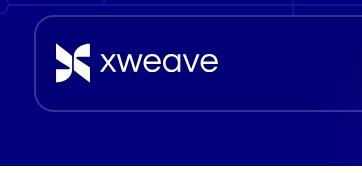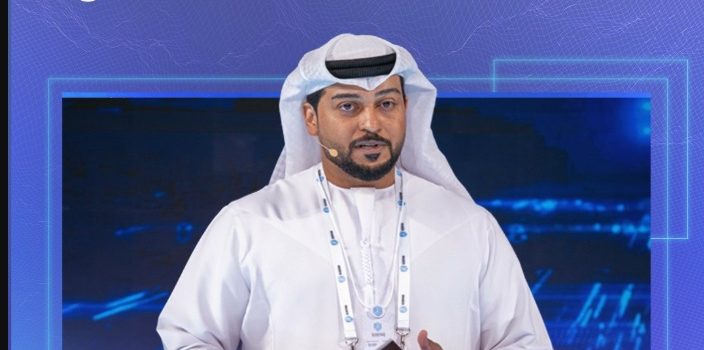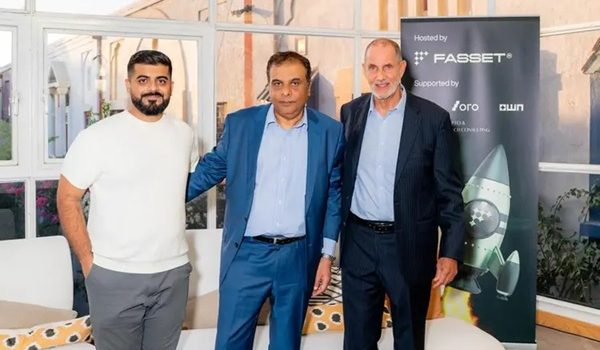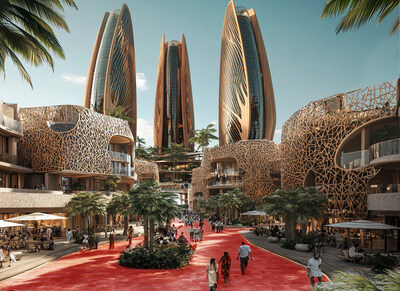
Ant Digital Technologies, a blockchain, privacy computing, security technologies, and distributed database company has established its global headquarters in Hong Kong and is expanding its footprint into the UAE. Ant Digital Technologies has selected Dubai as a strategic gateway to unlock opportunities in the Middle East market.
As per the announcement, the strategic move underscores the company’s commitment to global Web3 and Artificial intelligence (AI) development, while recognising the UAE’s rapid embrace of emerging technologies.
Ant Digital seeks not only to tokenize Financial Real World Assets but also energy ones. The company seeks to offer access to green financing. Diverse investors can participate in the transition towards a greener future, fostering a more inclusive and liquid market for sustainable assets. Ant Digital Technologies, has facilitated transactions for 14 million new energy devices on-chain through the tokenization of green energy assets, setting a global standard and exemplifying how green assets can unlock significant investment opportunities.
At a recent event in UAE, Ant Digital Technologies announced the release of Jovay, a Layer 2 blockchain solution tailored for RWA fund transactions, showcasing trusted execution and exceptional performance capabilities with a throughput of 100,000 transactions per second and 100-millisecond on-chain response time. This cutting-edge platform can seamlessly integrate with Layer 1 blockchains, enhancing their performance and scalability. Jovay is set to play a pivotal role in transforming trillions of RWAs into tradable digital assets globally, thereby enhancing global liquidity and streamlining the trading of physical assets on the blockchain.
Zhuoqun Bian, President of Blockchain Business at Ant Digital Technologies, said, “We have been enthusiastic about the transformative power of blockchain technology across the finance industry and beyond. Leveraging years of expertise in blockchain, IoT, and AI research and development, we look forward to collaborating with global partners to unleash the full potential of real-world assets and propel innovation on a global scale.”
Dr. Zhao Wenbiao, CEO of Ant Digital Technologies, shared, “By integrating top-tier blockchain solutions into the energy RWA ecosystems of these regions, we aim to cultivate a ‘dual-hub synergy’ between Hong Kong and Dubai, propelling the global shift towards a digital economy.”








